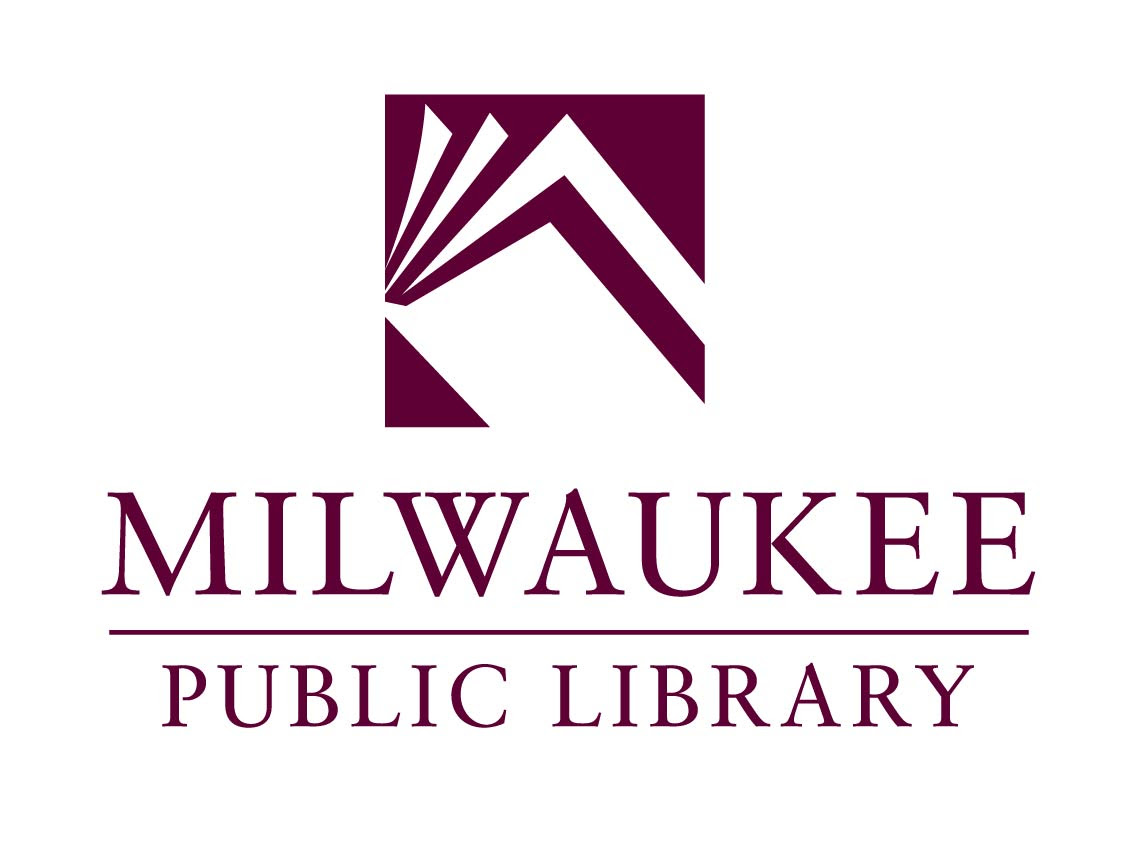TRILOGY
Prompt Against Anxiety #6 | from CA Conrad, author of nine collections of poetry, most recently While Standing in Line for Death (Wave Books, 2017)—winner of the 2018 Lambda Literary Award for Gay Poetry

I designed this (Soma)tic ritual for Woodland Pattern, and I enjoyed every minute of it! If you have not yet visited Woodland Pattern, it is one of my favorite homes for poetry! I look forward to visiting in person again one day!
I suggest taking three days for this ritual.
—CA Conrad
CHOOSE A MOVIE
I chose Carrington, a marvelous biopic about artist Dora Carrington, played by Emma Thompson.
BRING BINOCULARS, a magnifying glass, as well as your notebook and pen.
For three days, watch the same movie with the sound off. Each day will have a different focus of study:
Day One: Art
Day Two: Nature
Day Three: Windows
If we study one film three entirely different ways, is it not a trilogy? Is it not the ongoing saga through three views in three days? Do we not make it three different stories from the original one?

Day 1: Art
Please watch the film, looking for any signs of art, which could be paintings, sculpture, or a vase that catches your eye. Pause the movie whenever you see art, then study it with binoculars to get a fresh, close view of your interest. I stopped Carrington so many times, and this is a film still from a favorite scene with a beautiful iron wood stove, Art Nouveau shelf, oil lamp, and of course, postcards and drawings on the wall. It felt essential to begin this (Soma)tic poetry ritual by studying the things human beings had to reach through their creative powers to give us. Look for the gifts of art, pause the screen, examine it through binoculars, or get close to the screen with a magnifying glass. Then take notes.
Follow the link above to learn generally about (Soma)tic poetry rituals and specifically about how to take notes.

Day 2: Nature
Spend time looking for any signs of living plants or animals. The natural world has begun to flourish in our absence from the world. Less human traffic, less pollution, it is as though nature has been waiting for us to give them all a break. Freeze the frame and study a leaf, its branches, then look carefully into the tree. I found the faint outline of a bird sitting on its nest, a silent, secret cameo. I enjoyed ignoring every human activity, looking instead at flowers, moss, and birds, imagining life before real estate, deeds, barbed wire, highways to risk your life crossing for water, food, or love. Last spring, I was driving across the United States and counted 27 dead raccoons in one day, little hands frozen reaching above their bloody fur. It was the time of year they were all looking for one another to mate. How much more relaxed the spring of 2020 will be for them. Look at the natural world on your screen, then take notes.

Day 3: Windows
Windows and all that they frame and reveal is the third day's focus. There are many windows in the movie Carrington; film footage shot from both indoors and from outside. What is it we take for granted about windows? What do I know about making glass, making wood and metal frames? Very little is the answer. The less we know about a thing, the more likely we are to dismiss it or never notice it. Windows fascinate me, thinking of the first humans who poked a hole in their mud and straw hut. Windows let light in, let us look outside, allow us to see who is approaching. Use your binoculars and look through the windows of the film; see what the actors were seeing. Windows, like most things in the human manipulated world, can be strictly utilitarian, or pleasurable, even beautifully crafted. It made me happy to watch the film one more time with a completely different focus. Let your mind go into theories you did not know you had about windows, then take notes.
MINE FOR POEMS
On day four, you can take your handwritten notes to the computer and begin making a document to then mine for your poems.
For tips on shaping your poem or to learn more about (Soma)tic poetry rituals, click here.
To share your results with us, send your work by email or mail to Woodland Pattern, or post to social media tagging #promptsagainstanxiety and @woodlandpattern.
More from this series
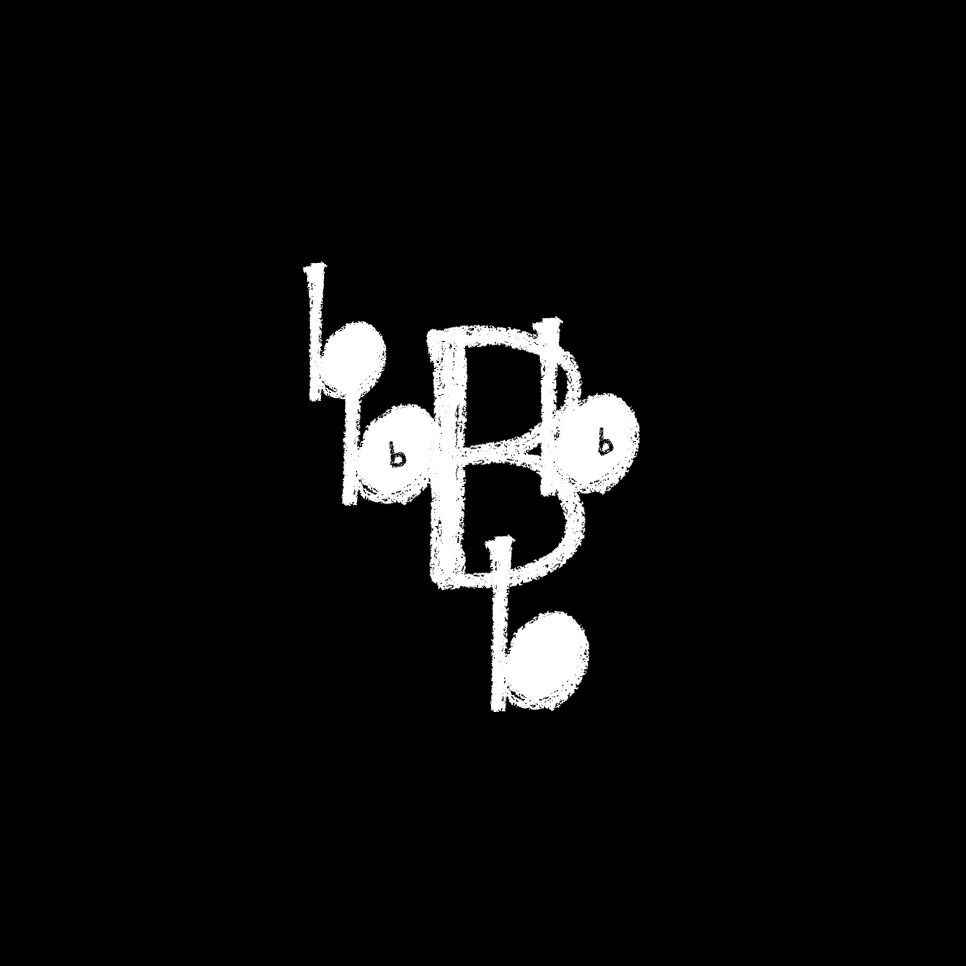
The Word was in the beginning but it is made of letters.Prompt #40—giovanni singleton

Write in NaturePrompt #39—Oogie Push
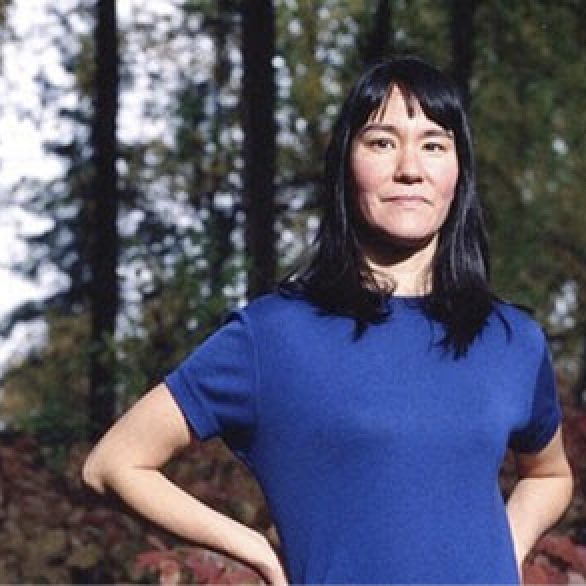
Real FoodPrompt #38—Joan Kane
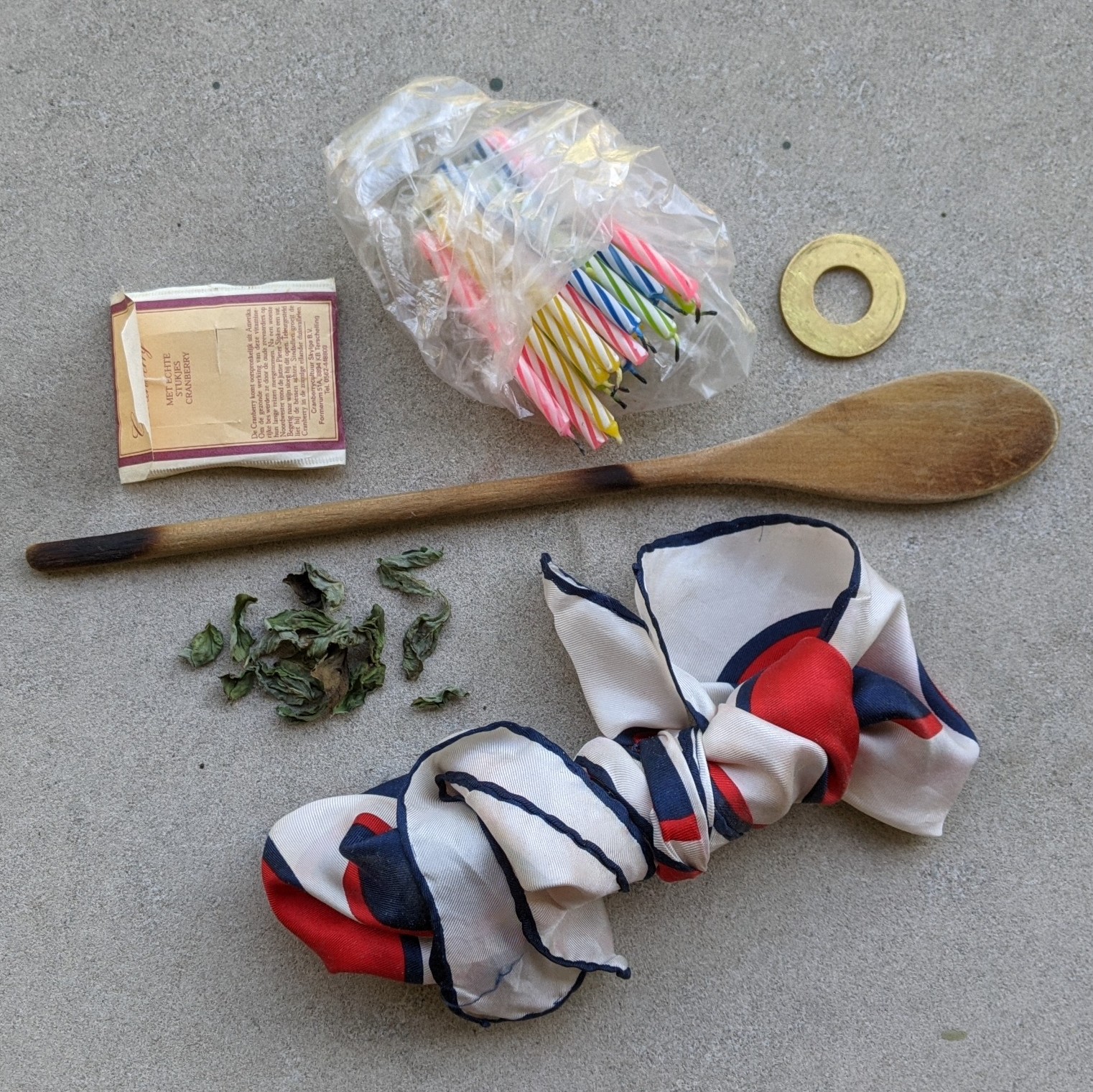
You Don't Need Proust to Smell GoodPrompt #37—Elizabeth Hoover
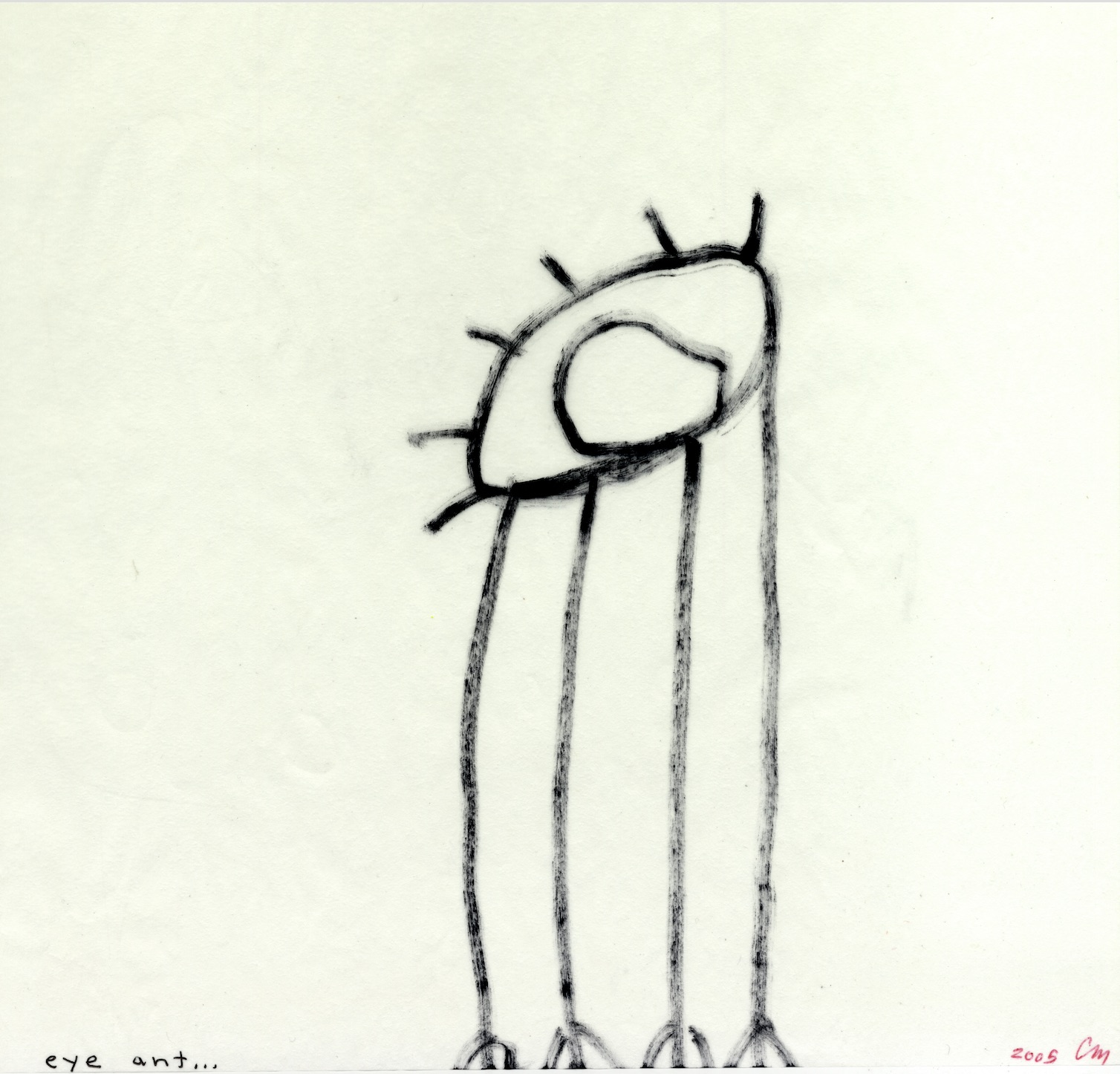
Find Your Own FormPrompt #36—Sawako Nakayasu

Tarot Recall: A Visionary Exercise for the PresentPrompt #35—Laurence Ross

Queers in Love at the End of the WorldPrompt #34—CJ Scruton
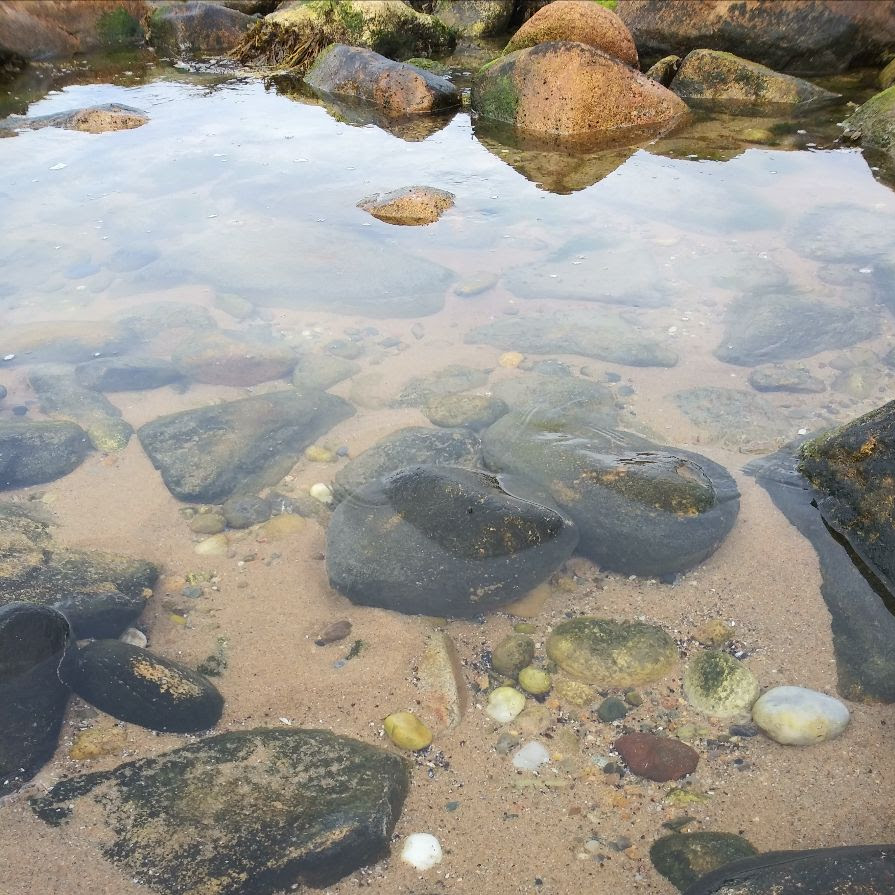
WORKBOOK FOR CHANGE: TWO PROMPTSPrompt #33—Kate Schapira
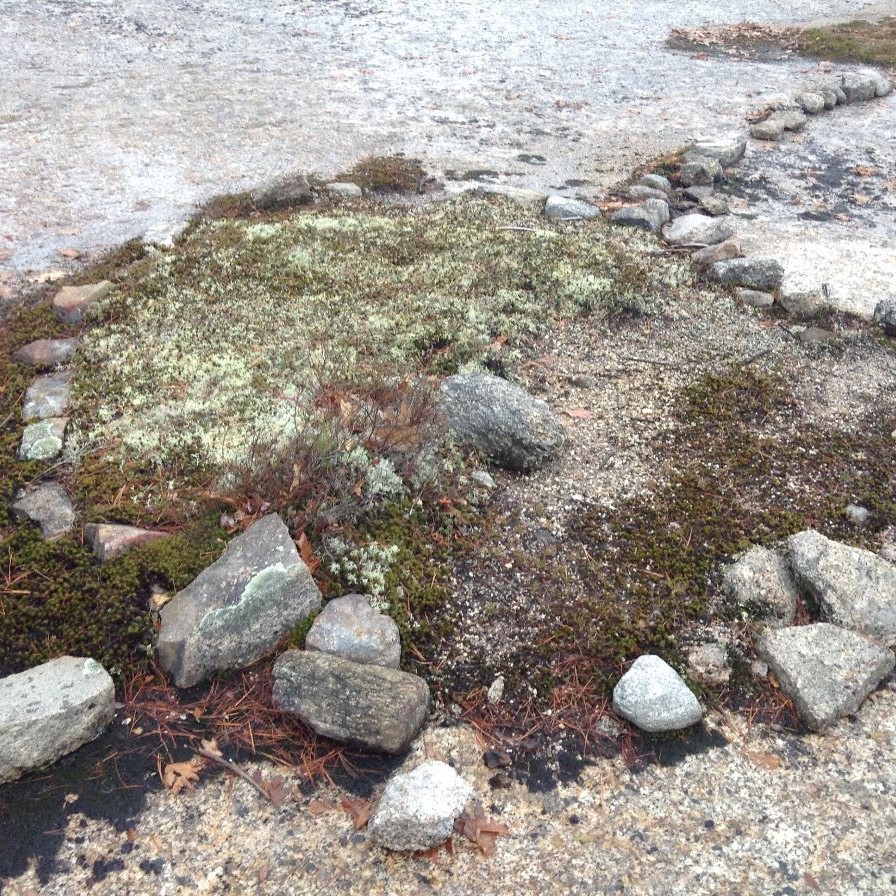
Preparation for the PromptPrompt #32—Lisa Fishman

Collage Your Own Writing PromptPrompt #31—Helen Hofling
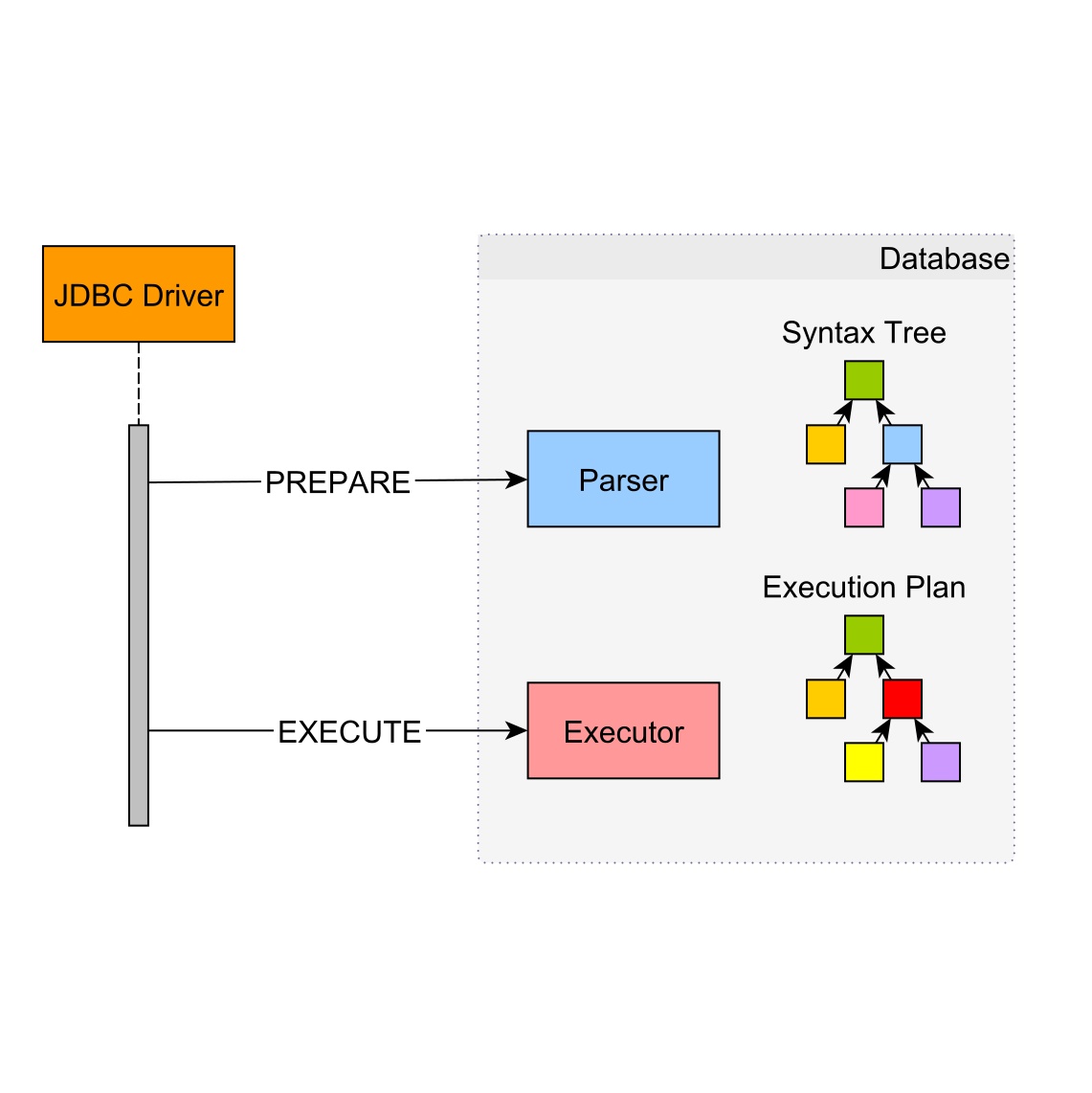
Prepared StatementPrompt #30—Mike Hauser

Repeat Repeat WritePrompt #29— Lewis Freedman
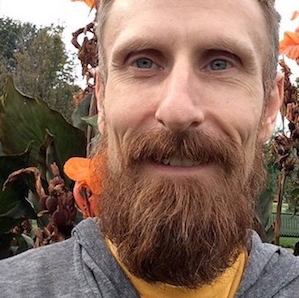
Poetic CorrespondencePrompt #28—Eric Baus

EKPHRASIS YOURSELFPrompt #27—Jennifer Nelson
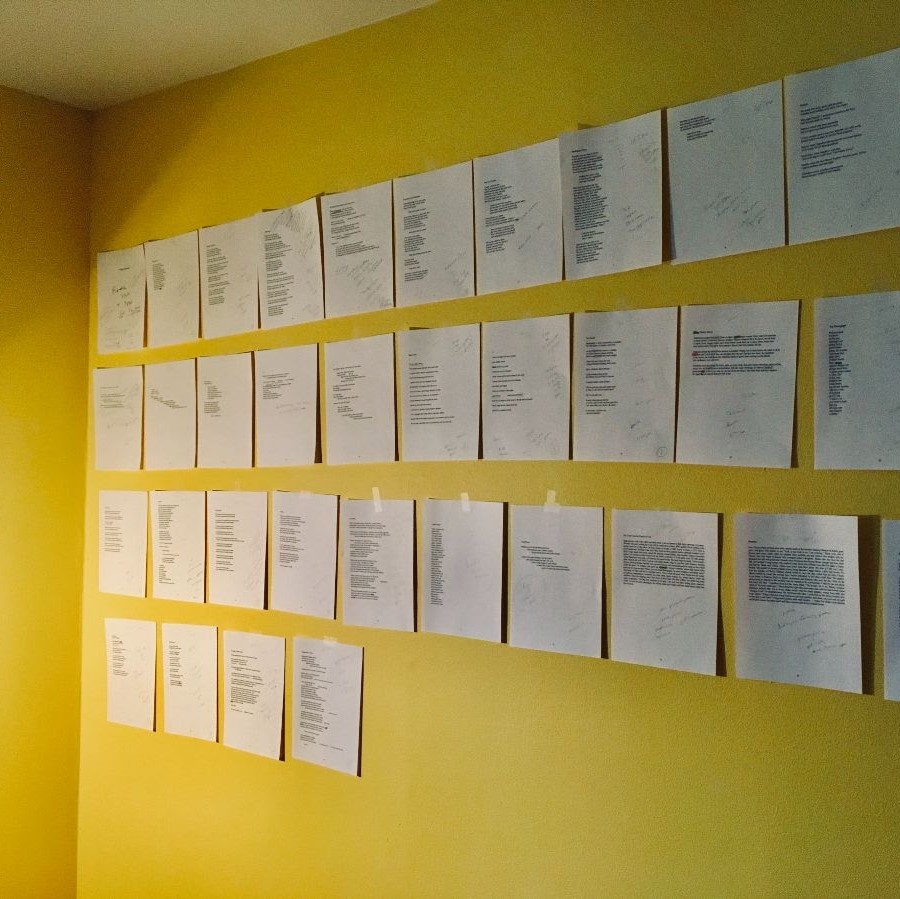
POETRY IS FOR THE PEOPLEPrompt #26—Angela Trudell Vasquez
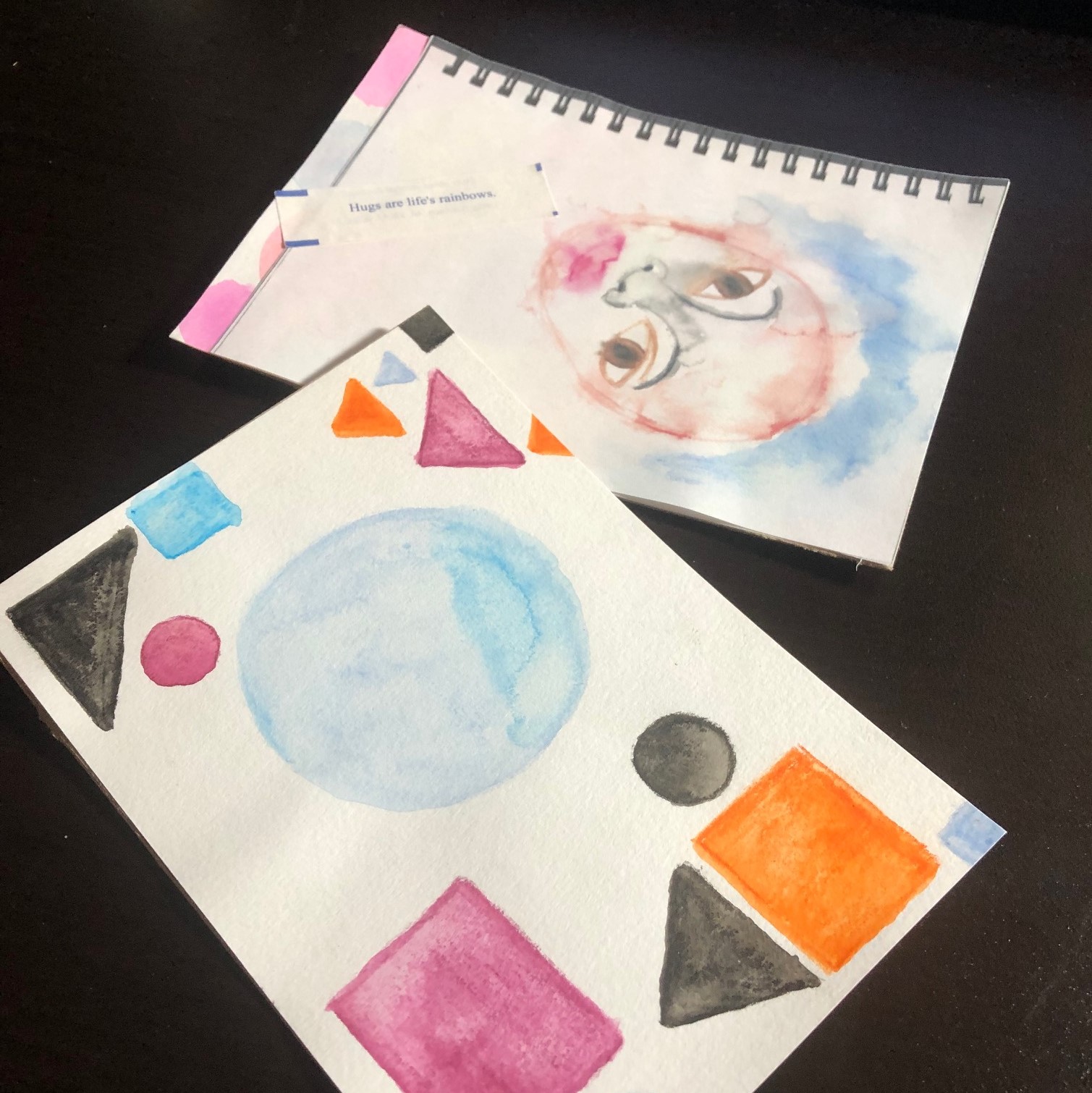
MAIL ARTPrompt #25—Siwar Masannat
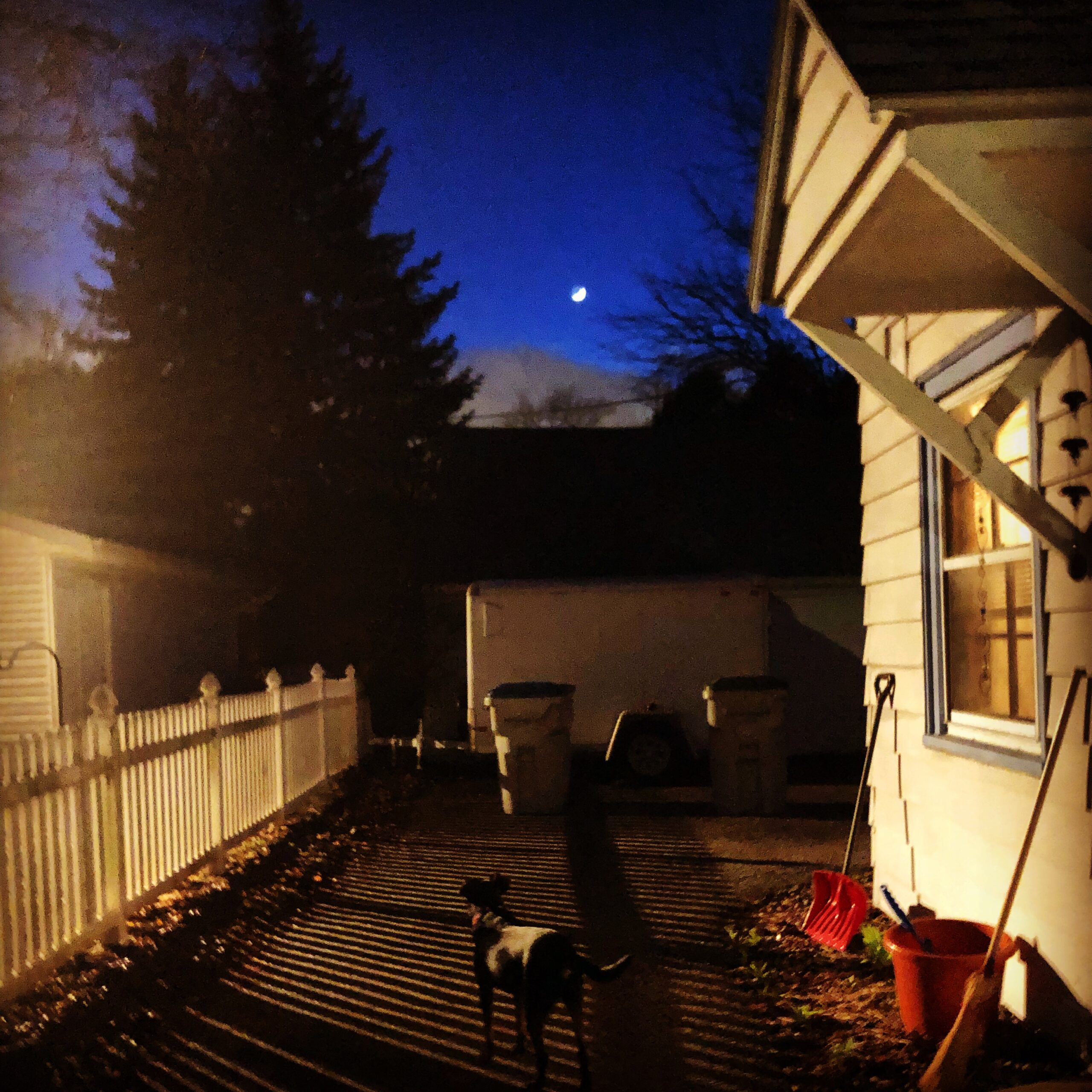
VISUAL POSTCARDSPrompt #24—Portia Cobb
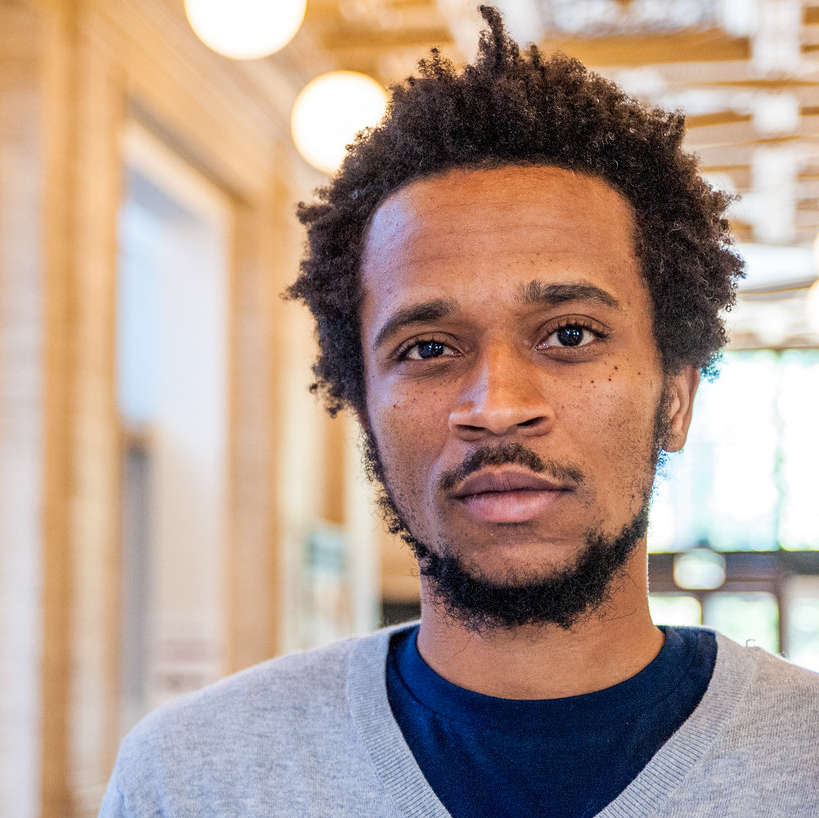
A [LONGER-TERM] DEEP LISTENING PROMPTPrompt #23—Jibade-Khalil Huffman

Humor as Medicine for the SoulPrompt #22—Mauricio Kilwein Guevara

Personification: A Social Justice PromptPrompt #21—Derrick Harriell

Ponge ExercisePrompt #20—Tyrone Williams
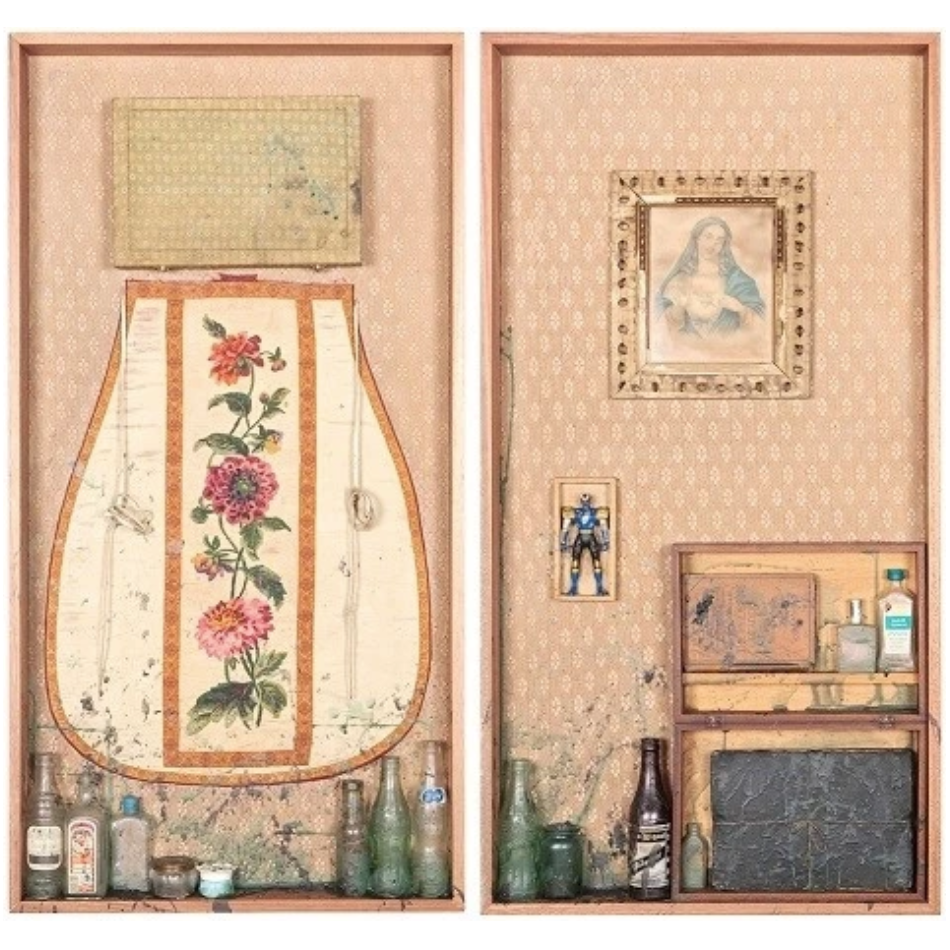
Occult DocupoesisPrompt #19—Kimberly Alidio
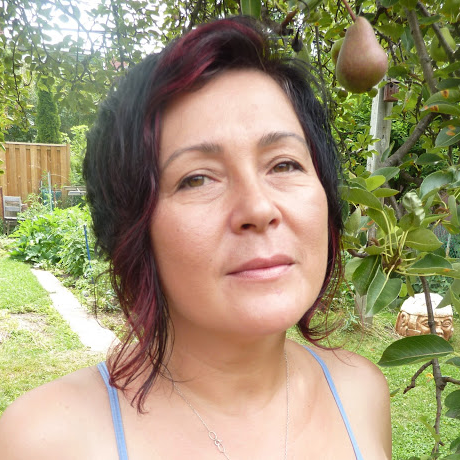
Junk Drawer SongPrompt #18—Hoa Nguyen

TALK TO THE POETSPrompt #17—Stacy Szymaszek
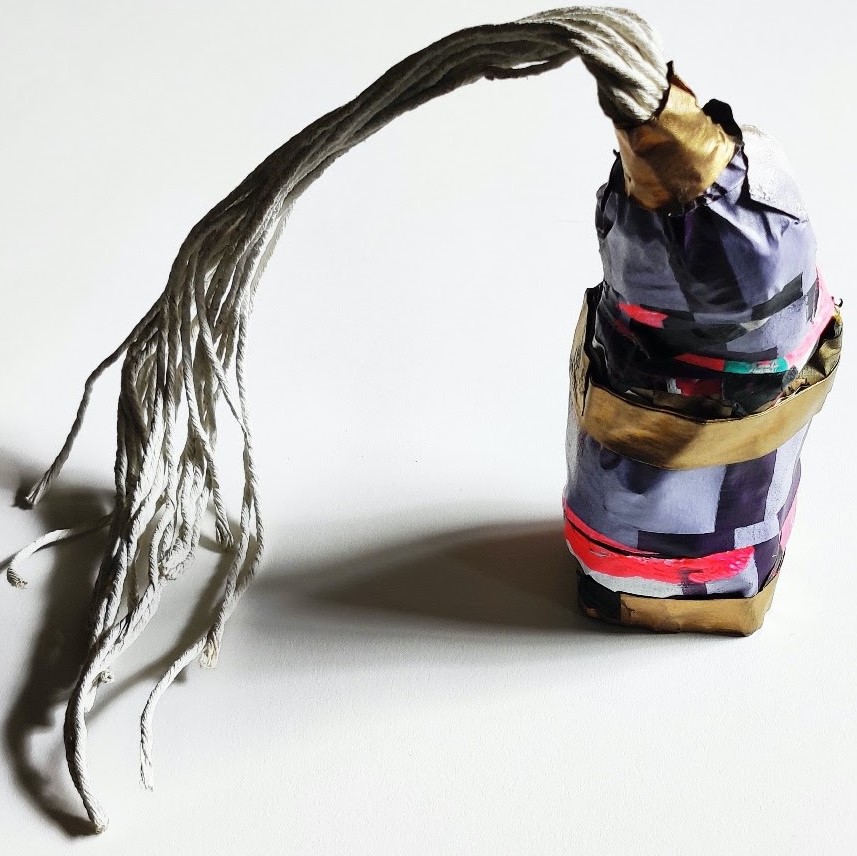
Make-Do Origin Stories & Concrete FuturesPrompt #16—Ching-In Chen

The Family PhotographPrompt #15—Rosa Alcalá

Writing Advice for Your Younger SelfPrompt #14—E.J. Koh
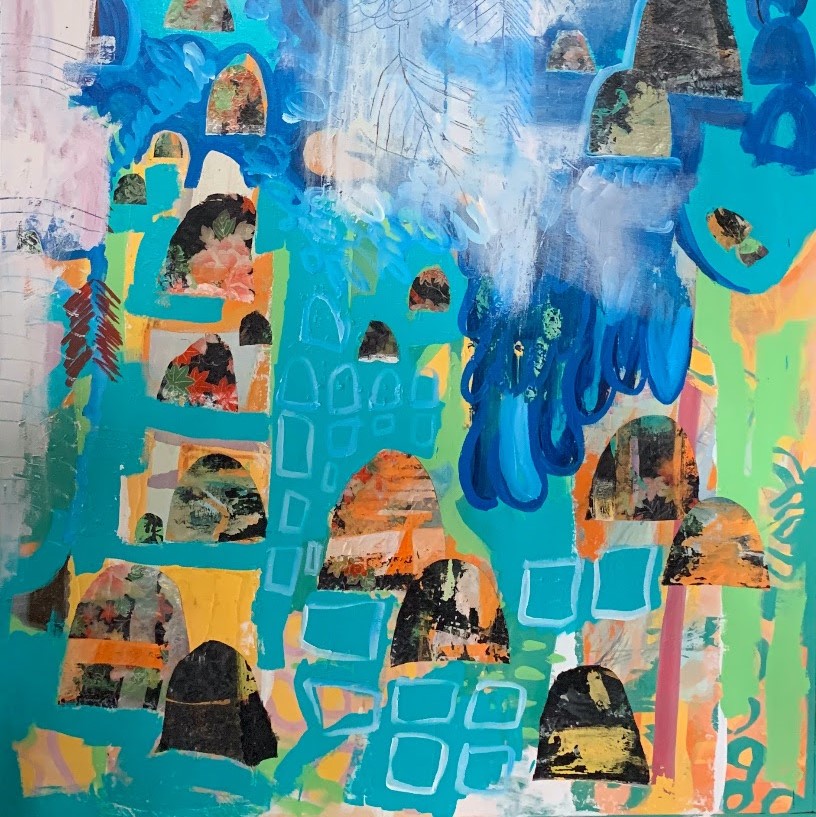
Note(s) to SelfPrompt #13—Stacy Blint
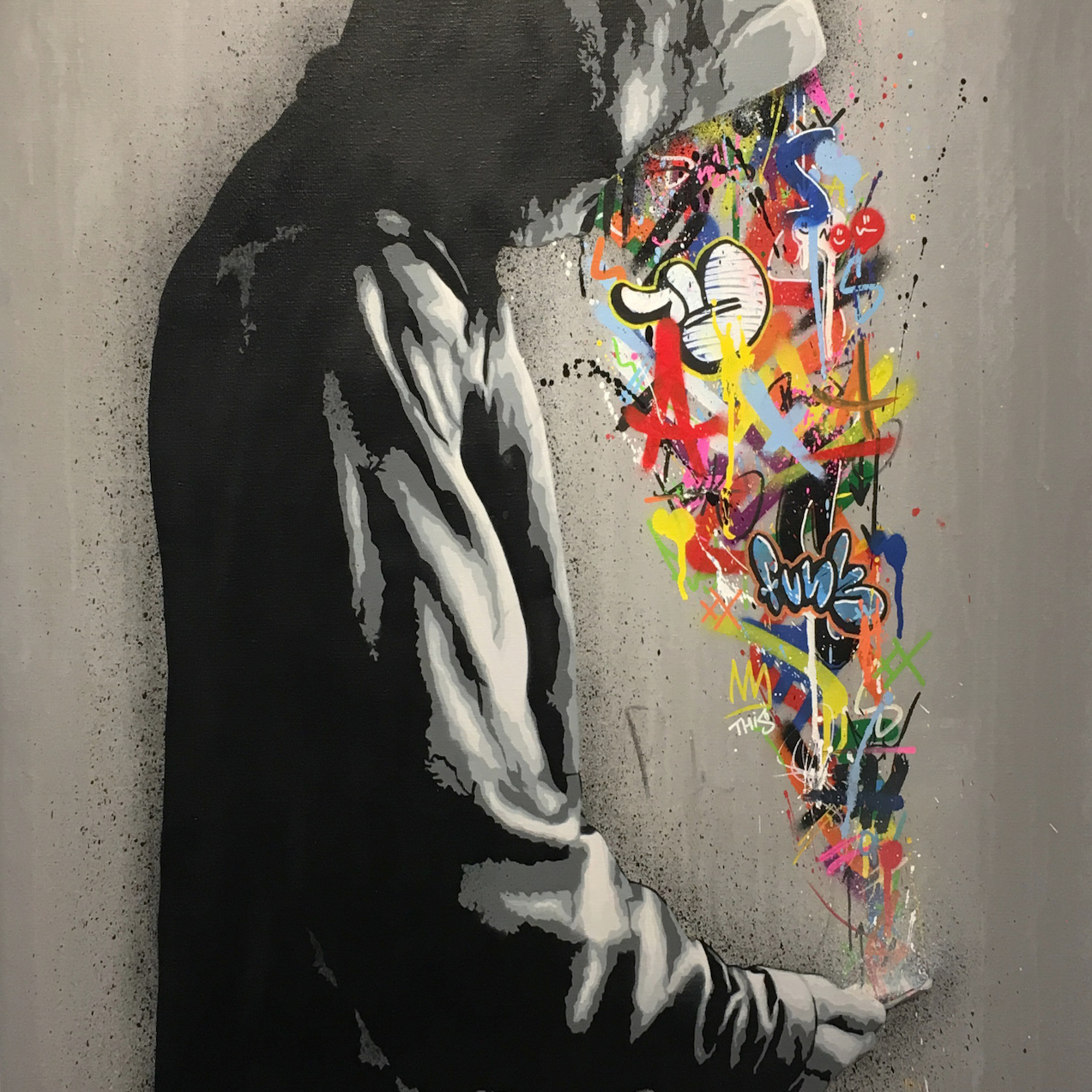
Embracing ConfusionPrompt #12—Bryon Cherry
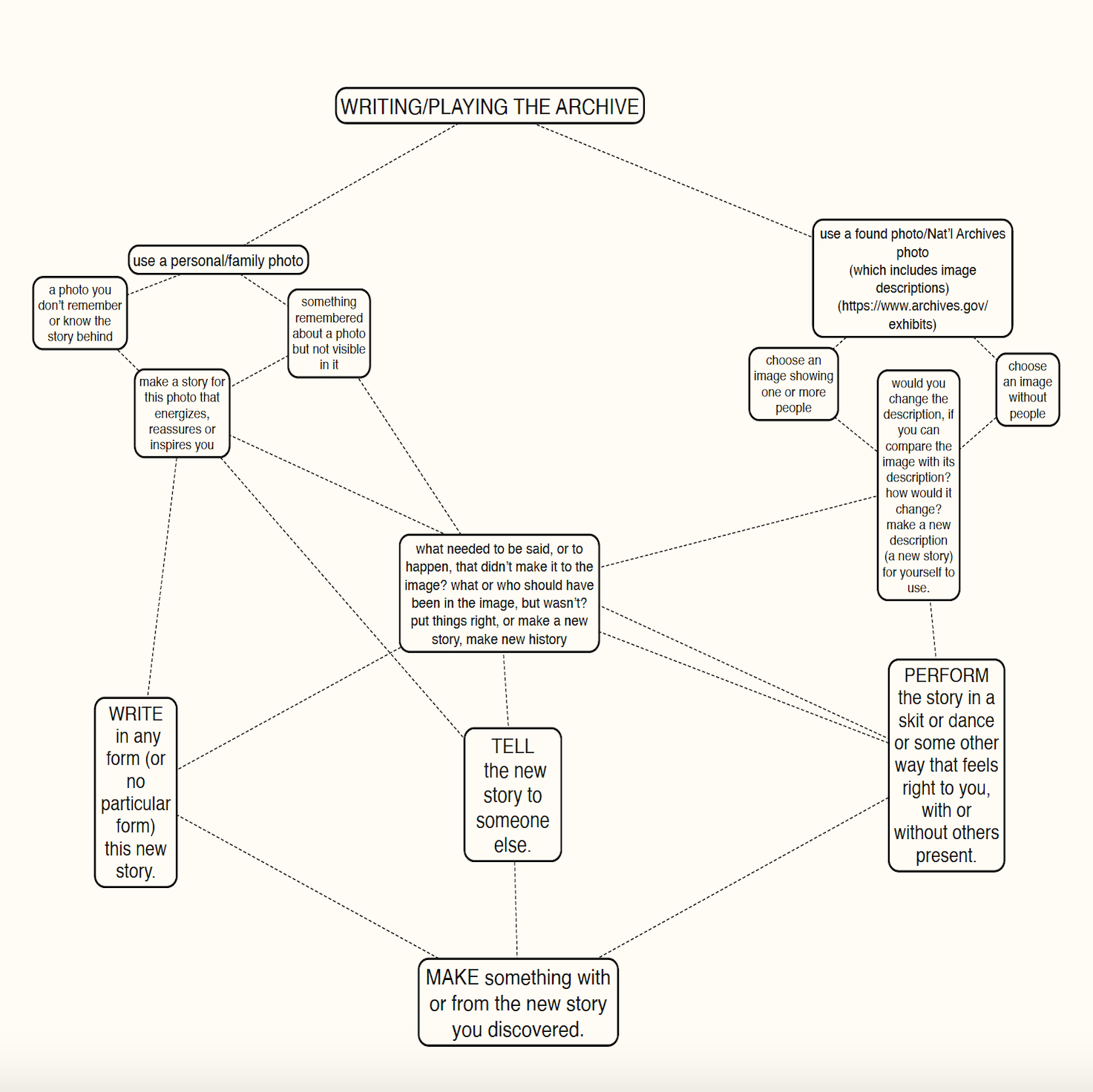
Writing/Playing the ArchivePrompt #11—Jay Besemer

CAPTURED & FREEDPrompt #10—Dasha Kelly Hamilton
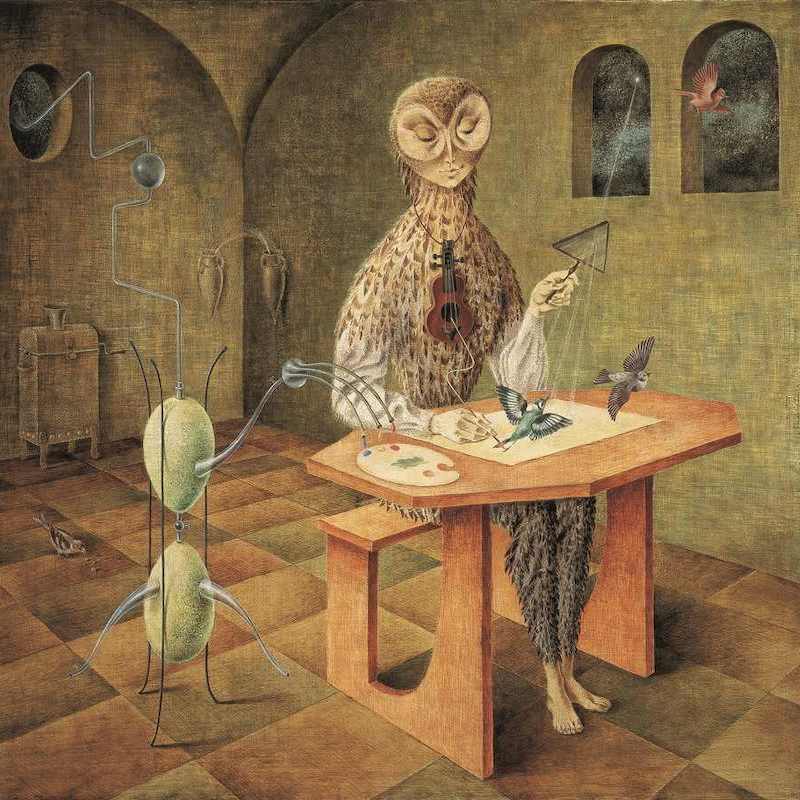
Poetic Exit StrategiesPrompt #9—Ana Božičević
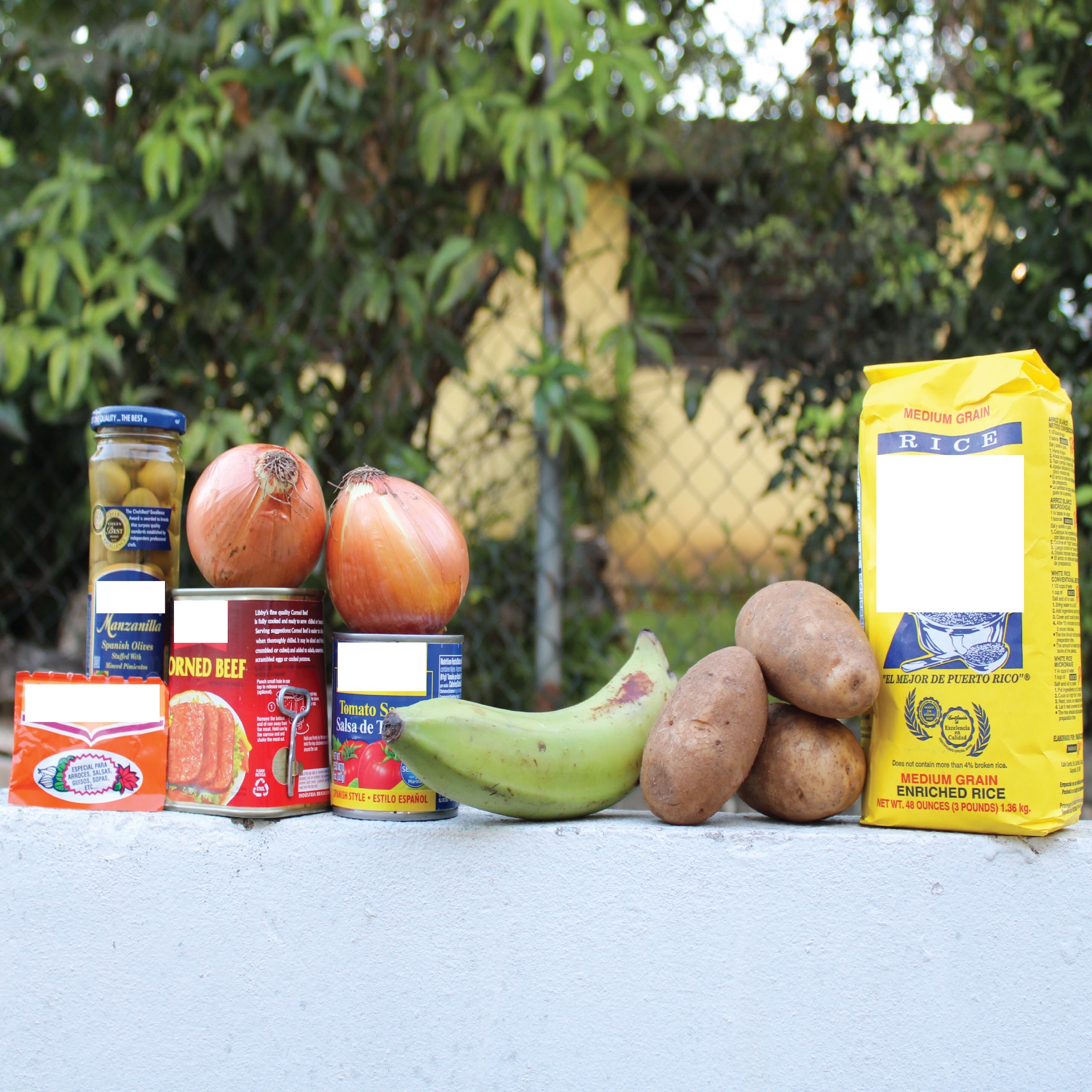
Proyecto ConbífPrompt #8—Erick "CK" Ledesma
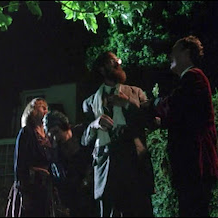
TRILOGYPrompt #6—CA Conrad

Utopian CompromisePrompt #7—Paul Druecke
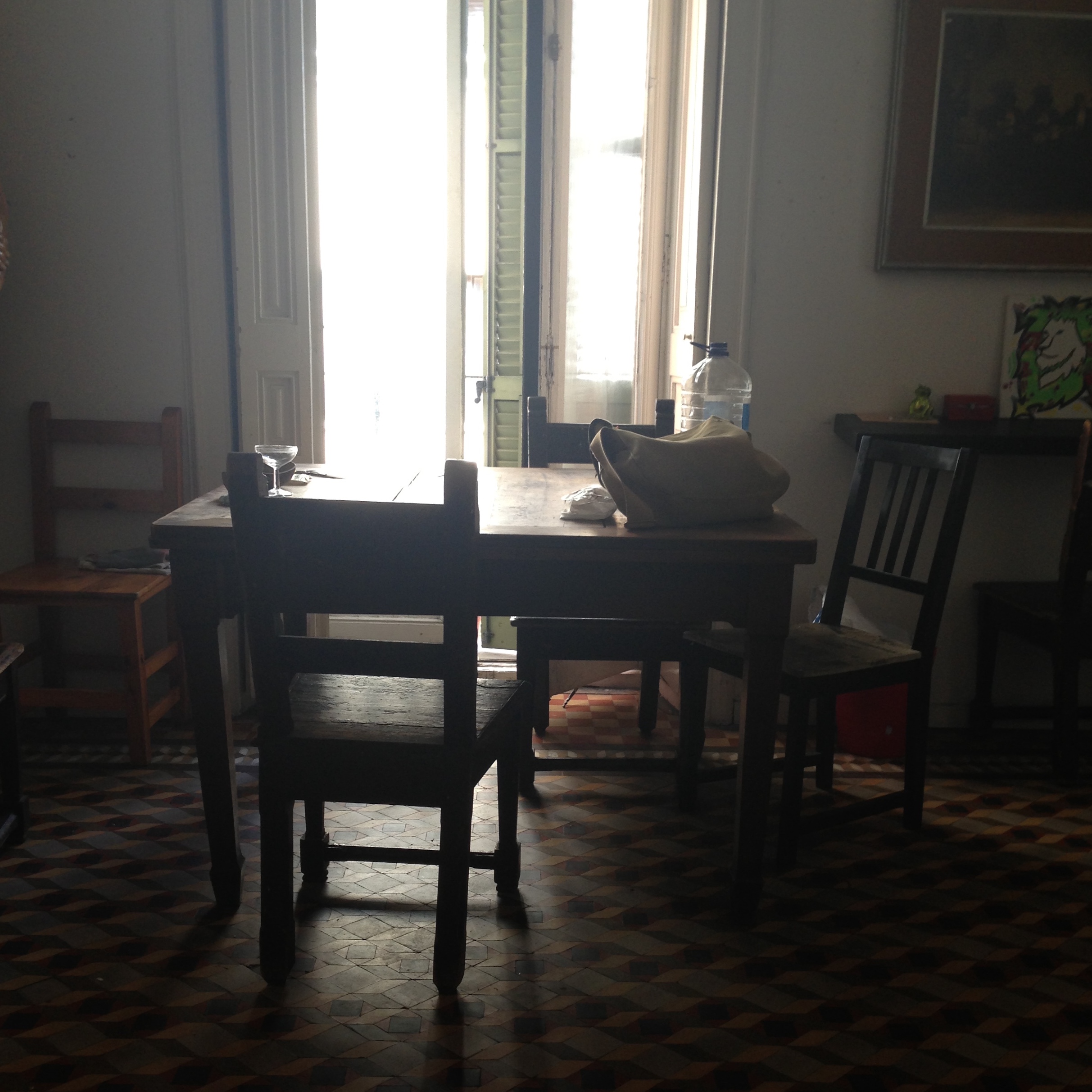
A Series of RoomsPrompt #5—Laura Solomon
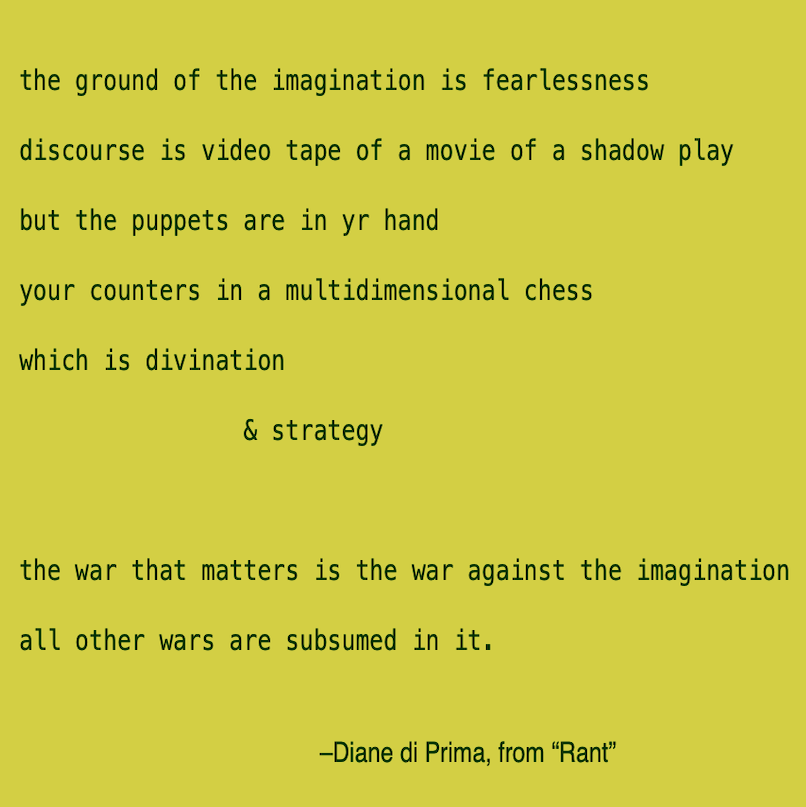
Two Variations on N+7Prompt #4—Jenny Gropp
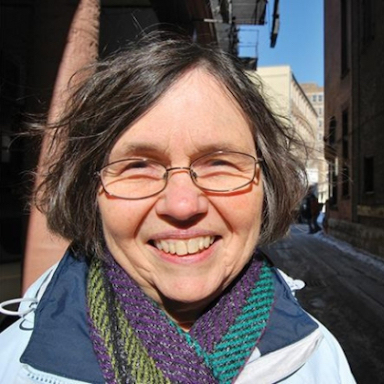
T H E A P A R T / TOGETHERPOEMPrompt #3—Margaret Rozga
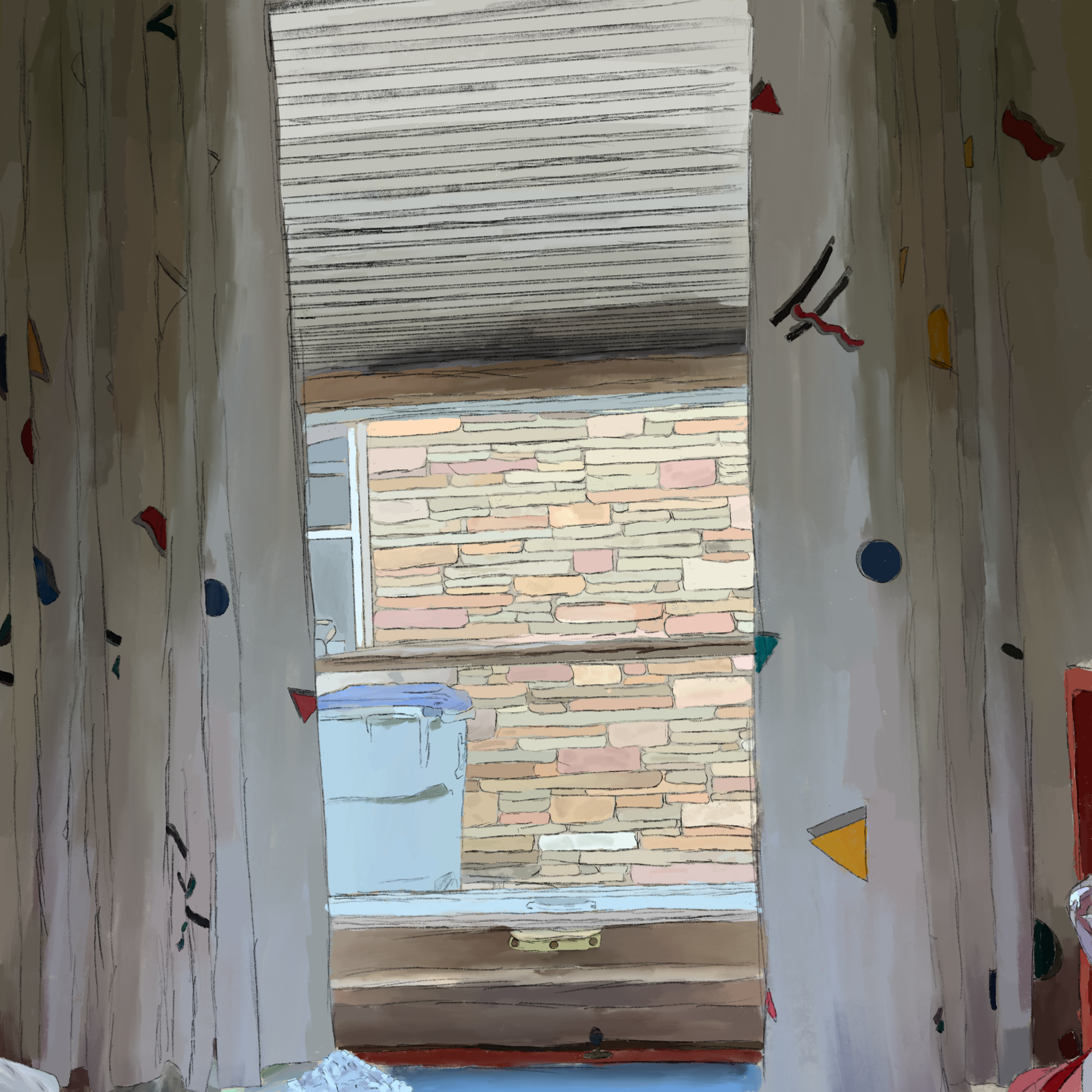
An Exercise in WindowsPrompt #2—Marla Sanvick
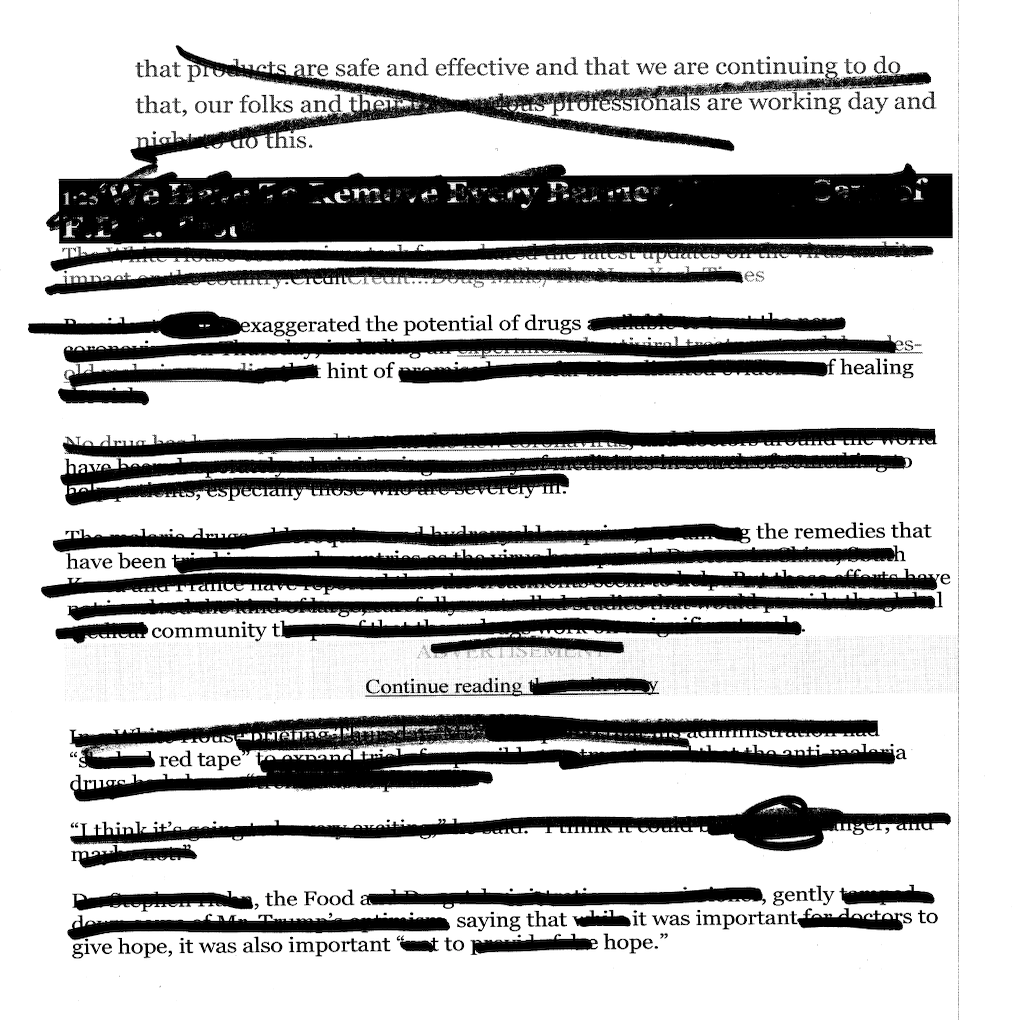
Erasuring AnxietyPrompt #1—Peter Burzynski
We acknowledge that in Milwaukee we live and work on traditional Potawatomi, Ho-Chunk, and Menominee homelands along the southwest shores of Michigami, part of North America’s largest system of freshwater lakes, where the Milwaukee, Menominee, and Kinnickinnic rivers meet and the people of Wisconsin’s sovereign Anishinaabe, Ho-Chunk, Menominee, Oneida, and Mohican nations remain present.
We further acknowledge the grave evil colonialism introduced to these lands through genocide as well as slavery, and also via racist and xenophobic beliefs, laws, and practices that continue to inflict harm upon Black, brown, and Indigenous lives. We honor those who have lived—and do live, now—at these intersections of identity and experience, and are committed to the active dismantling of white supremacy.
720 E. Locust Street
Milwaukee, WI 53212
Phone: 414 263 5001
Hours: Tues–Sun | 12-7 pm
Closed Mon
Building Accessibility: Despite the age of our physical location, and attendant limitations to access, Woodland Pattern is committed to making its programs and facilities available for as many as possible. Please call for more information.
Events Accessibility: Woodland Pattern is able to offer captioning services for its online events and with advanced notice can provide ASL interpretation for live events. Please contact us with accommodation requests and questions.
© Woodland Pattern 2025
